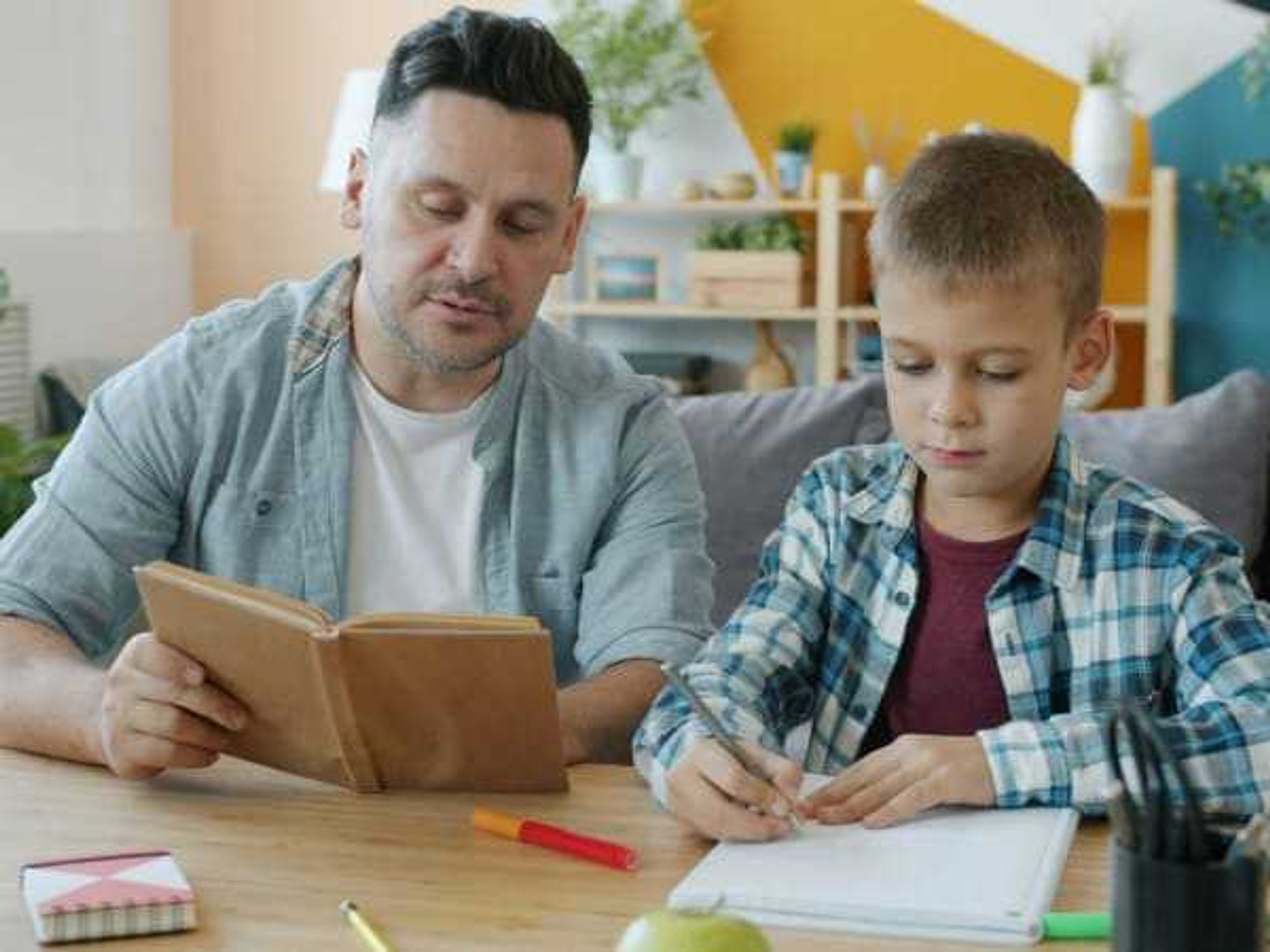bridging the gap
AGLSS: Startling statistics and a beacon of hope for gay seniors
Aug 16, 2011 | 12:06 pm
In 2009 I received a short-lived job in a nursing home. I did secretarial work that was simple and boring, so I often slipped out of my office to hang out with the cool cats with wheelchairs and colostomy bags. I played cards with a man who was paralyzed in a motorcycle crash at the age of 28, he had been in the nursing home for the 25 years since; I crocheted with a woman who spent her whole life raising other people’s children, so she never had time to raise her own; I learned from a dementia patient that the best way to make a martini is to simply whisper “vermouth” over the shaker.
I was the only one that ever visited any of them.
My employment there caused me to realize that exclusion and bigotry happen to many races and cultures, but, barring an untimely incident, we are all going to get old; once there, we may find ourselves quietly tucked away in to a facility when there is no one left, or willing, to care for us.
Realities like this make organizations like Family Eldercare vital to building an inclusive community in regards to age divisions.
Family Eldercare is a non-profit organization that has served Austin for almost 30 years, providing non-medical, in-home care for the elderly in an effort to keep them living in their homes, as independent individuals. An elderly person is paired with a caregiver who will help with specific needs, including: buying groceries, providing transportation, making doctors appointments, bathing, etc.
You have gay seniors at a much higher risk for depression, premature death and unnecessary institutionalization because they don’t reach out for their own healthcare and seek services.
This is a common service found in many cities, but Family Eldercare has created a dynamic program that specifically reaches out to the LGBTQ population. Created three years ago, it is known as Austin Gay and Lesbian Senior Services, creating the clever acronym AGLSS.
Michelle Shaffer is a director at Family Eldercare, she believes that the AGLSS program is necessary to protect a group that is plagued by startling statistics, “They lack the traditional support that those who may not be gay have. You have gay seniors at a much higher risk for depression, premature death, and unnecessary institutionalization because they don’t reach out for their own healthcare and seek services,” explains Shaffer.
Seventy-seven percent of elderly gay people live alone, as opposed to only 33% of the non-gay population. Not to mention that 90% of gay seniors do not have the benefit of children to care for them, largely because LGBTQ adoption was almost unheard of until the late 1970s. With 80% of the singular habitants having lost a partner, many simply do not know where to turn when they start requiring assistance.
Seventy-seven percent of elderly gay people live alone, as opposed to only 33% of the non-gay population.
“This older population, having a background, growing up in a different era where it was not acceptable to be gay, they are fearful of discrimination and many of them will not even reach out for services for fear of that discrimination,” says Shaffer.
The AGLSS program is based on SAGE, a New York based advocacy group that specializes in the necessity of cultural-sensitivity in regards to gay senior citizens.
The organization also provides community classes for family members who are the acting caregivers of a loved one.
Some of these family members are the gay children of parents who have previously disowned them because of their child’s lifestyle choice. Now in their later years, the parents require care, which can create a difficult dynamic when the grown child has opted to take part in that care. AGLSS provides a geriatric clinician (social worker) to help the family move forward from a painful past, and create the best possible future for all parties involved.
Shaffer explained that the 2010 census listed Austin/Roundrock as one of the fasted growing 55+ populations in the country, and that number is continuing to rise, making the on-going need for programs like Family Eldercare and AGLSS invaluable resources.
Many elderly adults are well loved, and well cared for. But, as Shaffer stated, for those who find themselves struggling, the mission of ‘No Need to Fear, No Need to Hide’ that AGLSS adheres to drastically increases the quality of life for many elderly people in our town.
“No matter who you are or what your life situation is, we’re here to help and we don’t judge people.”
